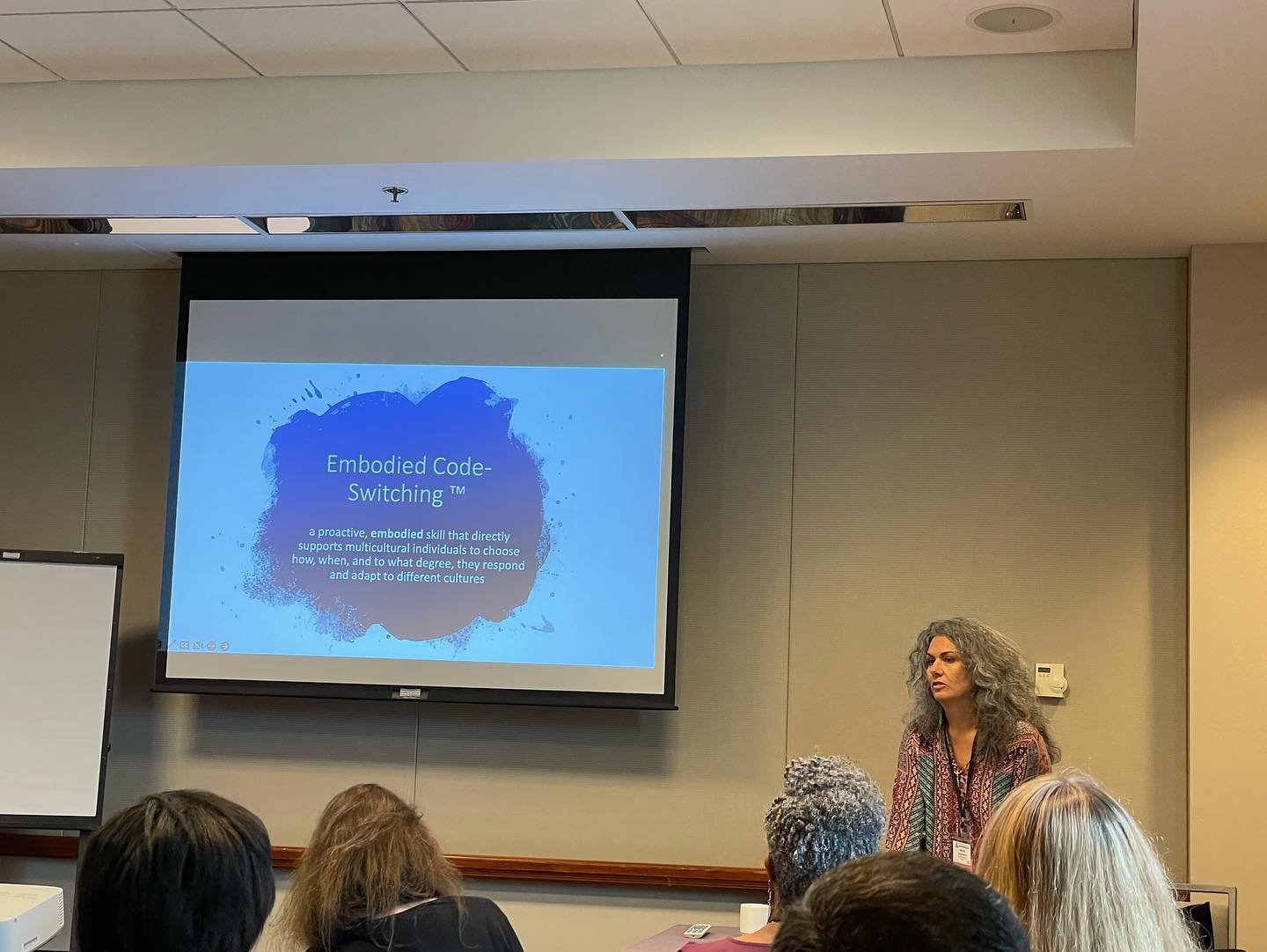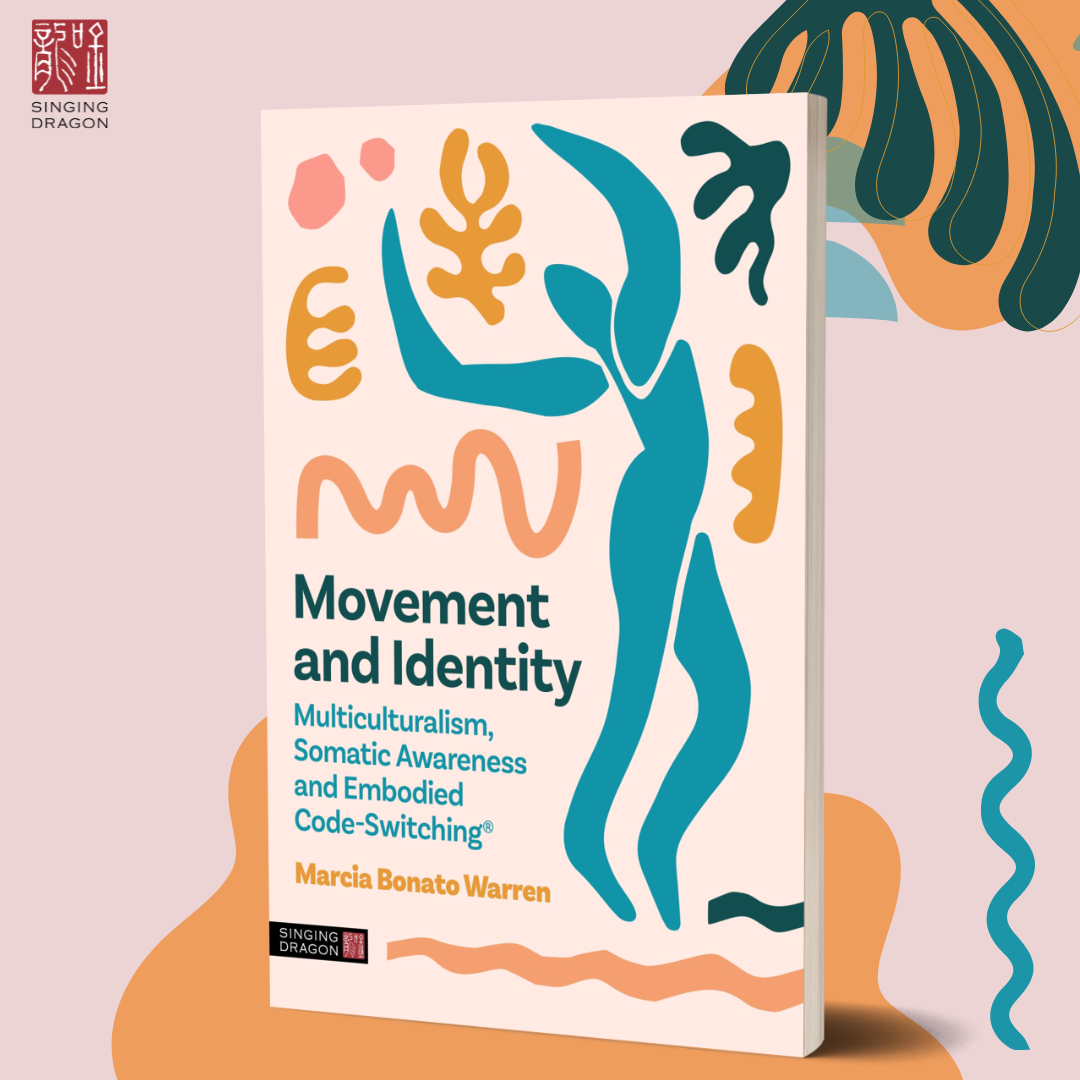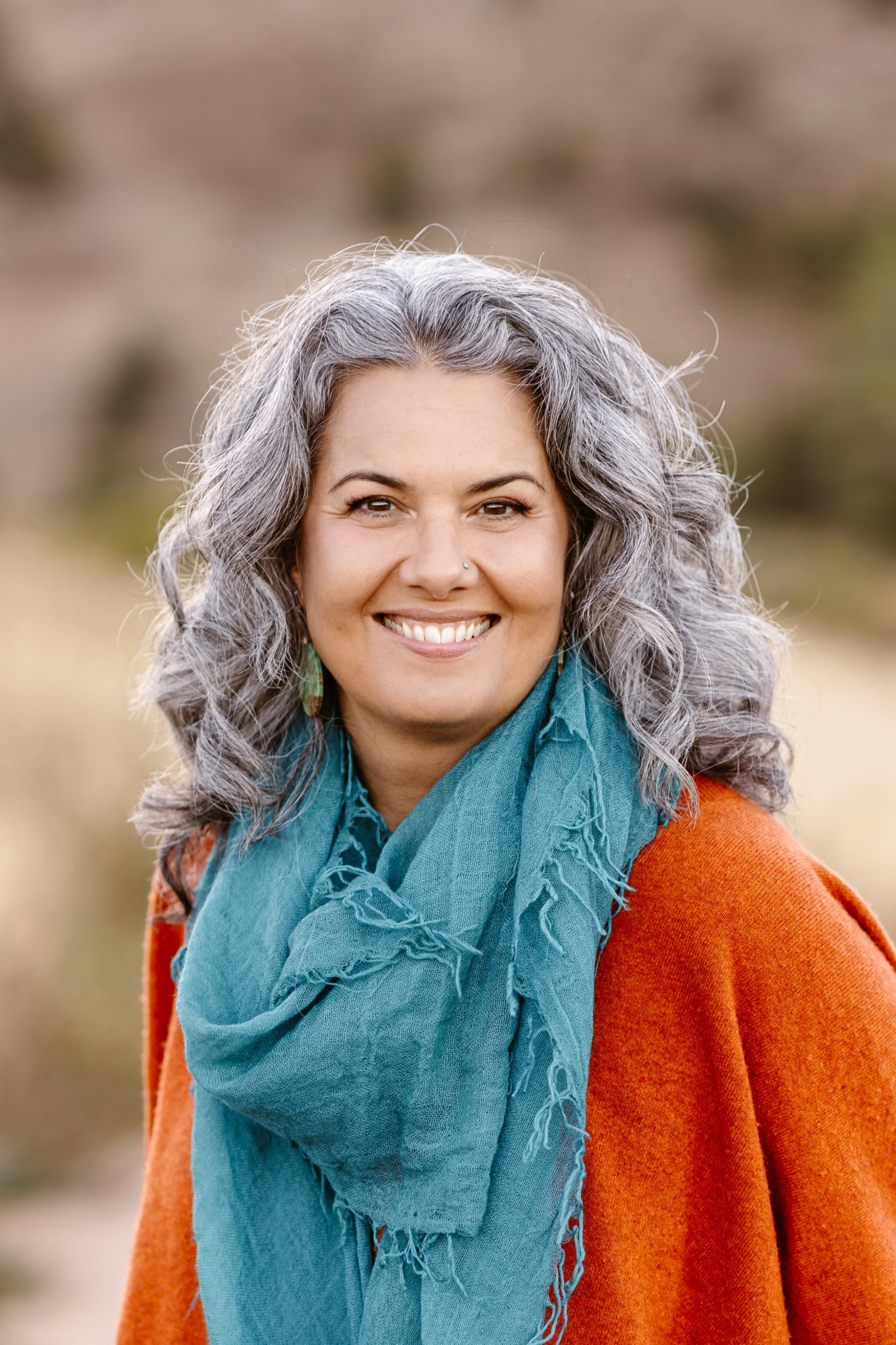We were lucky to catch up with Marcia recently and have shared our conversation below.
Marcia , looking forward to hearing all of your stories today. If you had a defining moment that you feel really changed the trajectory of your career, we’d love to hear the story and details.
I’ve had a few defining moments in my career, which have often arrived completely unexpectedly. The first happened in my twenties, when I was in between careers. In my previous corporate marketing job, I had written a market assessment for the use of satellite communications on tribal lands, which led me to work with an individual who suggested I turn this assessment into a report for a foundation in Washington DC. I got permission from the company I had worked with to do so, the report was published and it eventually led me to my next career in Native American policy and advocacy as both a senior policy advisor, and later, running my own non-profit organization. Years later, when I had left that career and decided to go back to school to become a counselor, I had a similar experience. For my Somatic Counseling degree, I wrote a Master’s Paper that defined and created a new therapy, which I called Embodied Code-Switching®. In order to graduate, I was required to submit it for publication to journals, none of which accepted the paper. Three years later, I bumped into one of my former professors from the program, who asked me if my paper had been published. I said no. She asked if I would be interested in being included as a chapter in her upcoming book and of course I said yes, which led to the publication of my paper. I began to build my counseling and training career with this publication over the next few years. In 2021, I presented an online workshop on Embodied Code-Switching® for an international conference, and unbeknownst to me, an editor from Scotland saw it. She reached out to me to ask if I’d be interested in writing a book. I said yes, and today, I am a published author of my first book, Movement and Identity: Multiculturalism, Somatic Awareness, and Embodied Code-Switching®! All of these moments taught me that building a career is part of a creative process that relies upon education and training, of course, but mostly on recognizing the moments that find us and surprise us with opportunities. I am grateful for all the people who were part of my professional life that not only found me in those moments, but believed in me, and supported me to grow into the next phase of my career.

Great, appreciate you sharing that with us. Before we ask you to share more of your insights, can you take a moment to introduce yourself and how you got to where you are today to our readers.
I am fortunate to have had a wide-ranging and fulfilling career path that has traveled many directions over time, but has always stayed close to my desire to bridge cultures through my education and professions. Because of these experiences, I can say that I wear many hats: I am a therapist, facilitator, teacher, and writer with over thirty years of cross-cultural experience in the fields of international education, minority business development, Native American federal policy and legislative initiatives, non-profit organization management, and most recently, culturally responsive and trauma-informed counseling and training and education. I have earned two Masters degrees: the first was a Master of Arts in International Relations from John’s Hopkins University, and later in my life, a Master of Arts in Somatic Counseling/Body Psychotherapy from Naropa University. I hold a license in the state of Colorado as a Licensed Professional Counselor (LPC), and have continued my professional training to earn certificates in Counseling Supervision (I and II), Intercultural Foundations, Sensorimotor Psychotherapy Trauma Training (I and II), and Indigenous Psychology. Over the last decade I have been fortunate to provide counseling and training to individuals and groups in the areas of cultural awareness and competency, social justice, and intercultural communication, working with organizations such as the Summer Institute for Intercultural Communication (SIIC), the Society for Intercultural Education and Training (SIETAR), and the International Somatic Movement Education and Therapy Association (ISMETA). Currently, I serve as faculty in Naropa University’s Contemplative Psychology graduate program and as a guest lecturer at Naropa University’s Somatic Counseling graduate program.
As part of my degree in Somatic Counseling in 2015, I developed my own therapy practice called Embodied Code-Switching®, which focuses on developing the resilience and unique expression of multicultural identities through somatic awareness. This therapeutic practice explores how our bodies interpret and express our identities, often informed by cultural norms, communication styles, trauma, and systems of power and oppression, by using two important tools: the SIA Loop, a mechanism representing three entry-points we use to process information (Sensation, Interpretation, Action), which supports the deeper work offered by the Identity Expression Infinity Loop, where identities are invited to move with strength and skill. Embodied Code-Switching® supports therapists and practitioners to build on their own somatic awareness in order to engage with compassionate curiosity rather than resistance when confronted with identity-based differences. Through the work I have done with clients through therapy, workshops and in the classroom, I have seen the ability to improve one’s own mental health improve by integrating a broader awareness of our bodies and cultures into the ways we related to others and function in our daily lives.
I am grateful for my heritage and the gifts of my ancestors and identify as an enrolled member of Santa Clara Pueblo in New Mexico and as Brazilian-Italian. My passion centers around developing the potential in human beings to embrace diversity through multicultural embodiment and the sharing of stories and creativity, and I am proud to be the author of my first book, Movement and Identity: Multiculturalism, Somatic Awareness, and Embodied Code-Switching®. This book brings together my personal and professional experience as multicultural woman into a guide that supports readers to examine their own body’s expression of culture and identity through somatic experiences, beliefs, behaviors, and choices. My hope is my book, and the work that I do, provides multicultural individuals a pathway to their own wisdom and skillsets that foster change, increase empathy, and nurture connection that celebrates all the “superpowers” of their diversity.
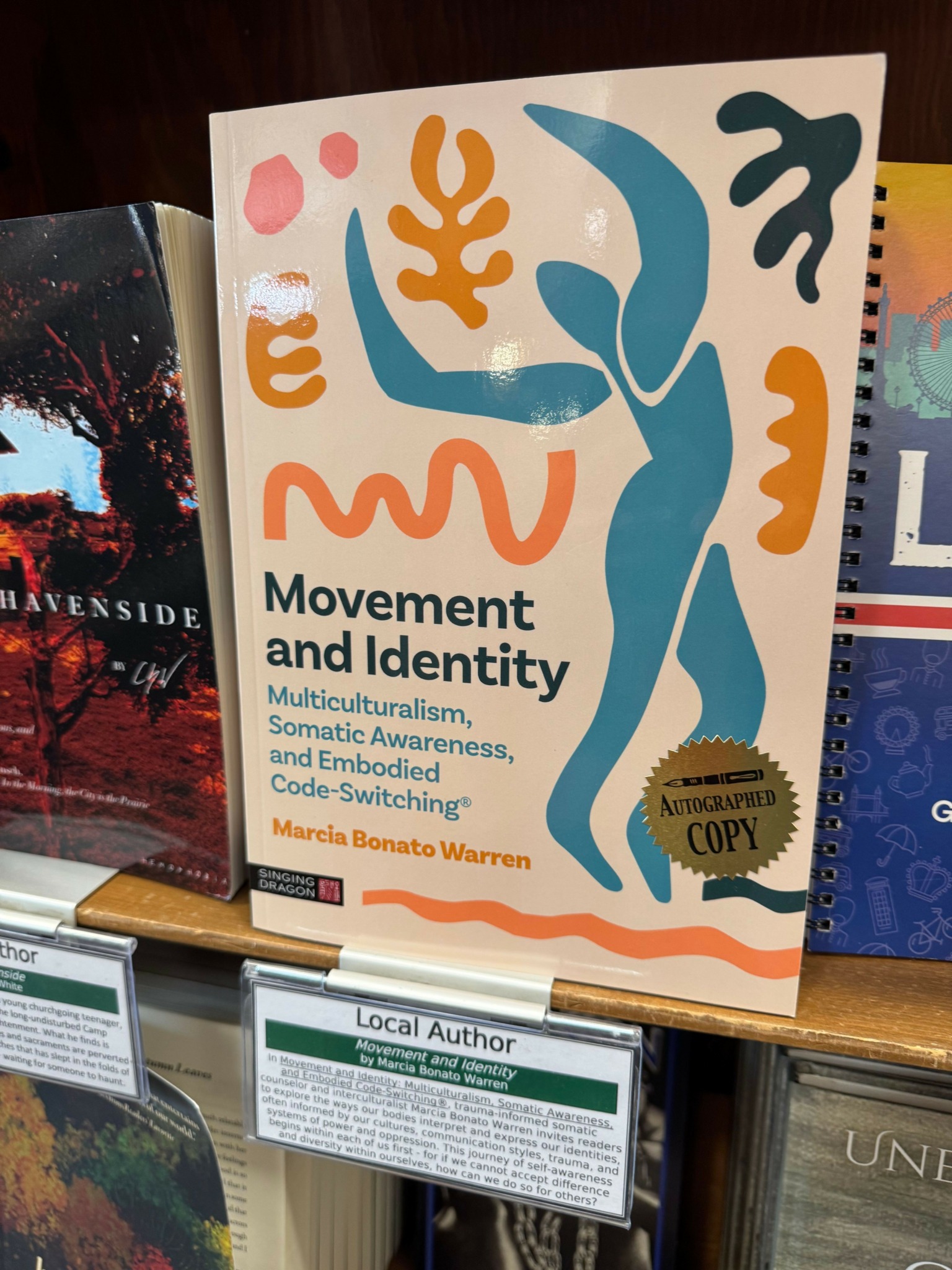
If you could go back, would you choose the same profession, specialty, etc.?
Absolutely. My career path has been eclectic but in many ways, has followed a theme. Because of the way I grew up in between cultures, I always sought a way to understand my experience – first, through what I chose to study in college and grad school, and then later, through my career. My undergraduate degree was in International Studies, and my first Masters degree was in International Relations with a concentration in Conflict Management. These degrees led me to explore careers in many areas, and I had the good fortune to work in a corporation, the federal government and eventually, form my own non-profit organization. Later in my life it came as no surprise to me that when I went back to school after being a stay at home mom for ten years, I chose to enter a mental health counseling degree (Somatic Counseling at Naropa University) and become a therapist and teacher. I wanted to continue advocating and supporting people, but in a more in-depth and personal way than in my previous careers in international educational exchange, minority business development and Native American policy and advocacy. Today, all of my professional experiences inform the work I do as a therapist, trainer and educator and, I believe, help me find more points of empathy and understanding with the folks I work with than if I had not been open to all the career paths that met me along the way.
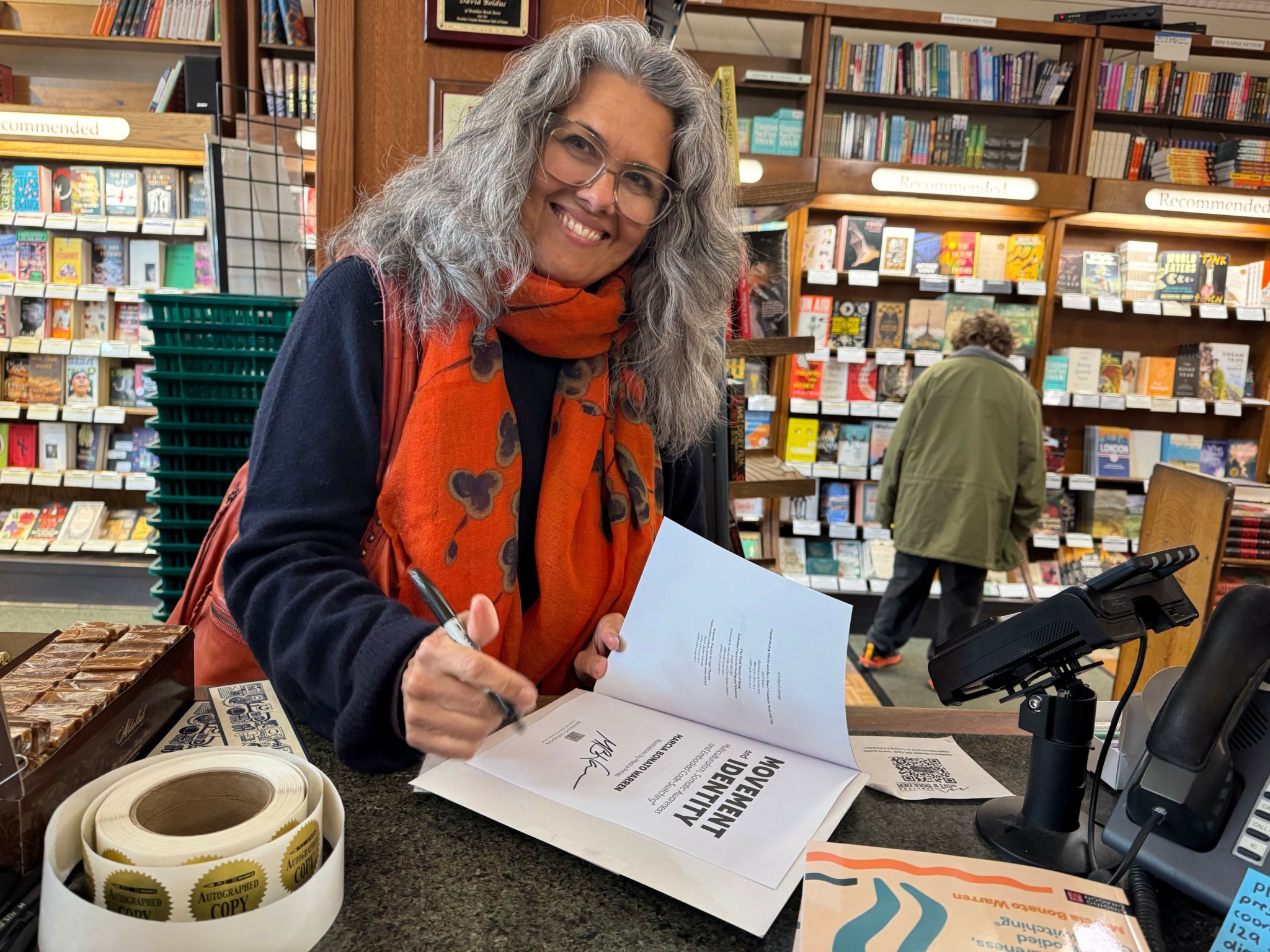
Putting training and knowledge aside, what else do you think really matters in terms of succeeding in your field?
For me, being a therapist and educator is a lifelong process of learning and growing – not only with the latest research and practices in the field but more importantly, within myself. A successful therapist and educator must continue to know themselves and their own unconscious, whether you call it shadow pieces, parts work, trauma, or in my own work, the impact of my cultures and identities. The more we are willing to engage in our own healing process, the more we can responsibly hold the seat of therapist and teacher and reduce the interference of our own “stuff” in our clients and students’ growth and healing. To be fair, there will be moments that our own wounded parts will arise (we are human, after all). The important thing is to continue to engage with those moments with compassion, curiosity and the willingness to change. Growth comes from the unexpected gifts our challenges present to us, because – if we meet those moments purposefully – we have the opportunity to uncover the deep wisdom and resilience we already hold within ourselves.
Contact Info:
- Website: https://www.marciabonatowarren.com
- Instagram: https://www.instagram.com/marciabonatowarren/
- Facebook: https://www.facebook.com/MarciaBonatoWarren
- Linkedin: https://www.linkedin.com/in/marcia-bonato-warren/
